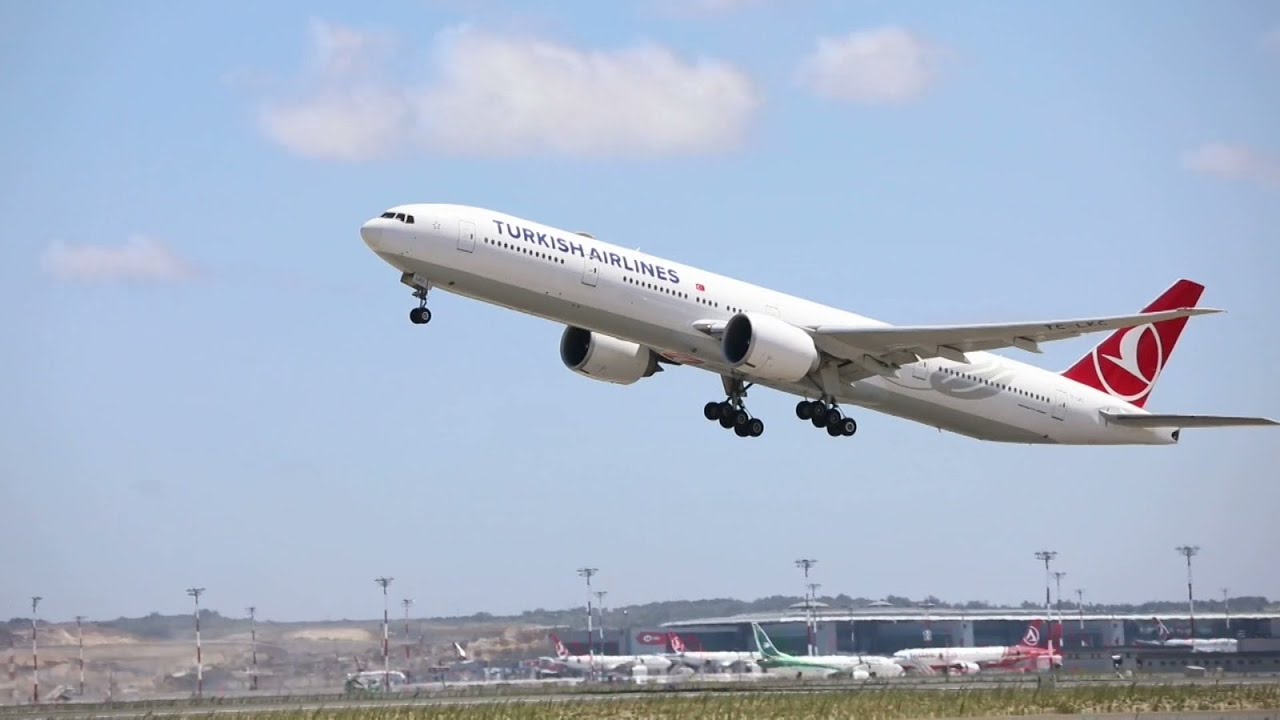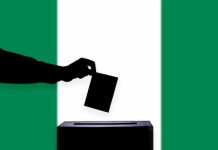On Sunday, President Bola Tinubu’s government handed 64 Compressed Natural Gas (CNG) buses to Labour and student leaders at the State House in Abuja.
The unveiling of the buses fulfills the government’s commitments made during talks on the increased minimum wage and ways to alleviate people’s suffering.
This is a modal window.The media could not be loaded because the server or network failed, or because the format is incompatible. It should be noted that in July, President Tinubu vowed to provide 36 Compressed Natural Gas (CNG) buses to the country’s trade unions.
The President made the announcement during his meeting with the leadership of the Nigeria Labour Congress (NLC) and the Trade Union Congress (TUC) to discuss the new minimum wage for Nigerian workers.
According to the President’s Special Adviser on Information and Strategy, Bayo Onanuga, the move is part of efforts to ameliorate the high cost of living by workers.
He added that the 36 CNG-powered buses have a sitting capacity of 100 each.
The presentation of the buses, as promised, was done on behalf of the federal government by the Minister of Finance and Coordinating Minister of the Economy, Wale Edun, on Sunday, 29th September.
Meanwhile, the Coalition of Northern Groups (CNG) has expressed its disapproval of the recent increase in the price of Premium Motor Spirit (PMS), commonly known as petrol or fuel.
Naija News reports that the latest price adjustments, enacted by the Retail Management of the Nigerian National Petroleum Company Limited (NNPCL), have seen prices rise from ₦568-N617 to a range of ₦855 to ₦897 per litre, depending on the geographical area.
Independent marketers have subsequently revised their prices, setting them between ₦930 and ₦1,200 per litre.
This price surge has significantly affected many Nigerians, leading some to resort to long-distance walking and others to miss work due to the escalated transportation expenses.
In a statement released on Thursday, Comrade Jamilu Aliyu Charanchi, the National Coordinator of CNG, remarked that an increase in fuel prices effectively results in artificial inflation of the costs of goods and services across the nation.













